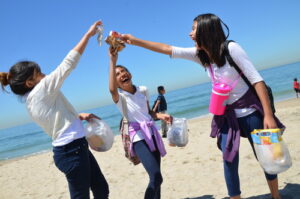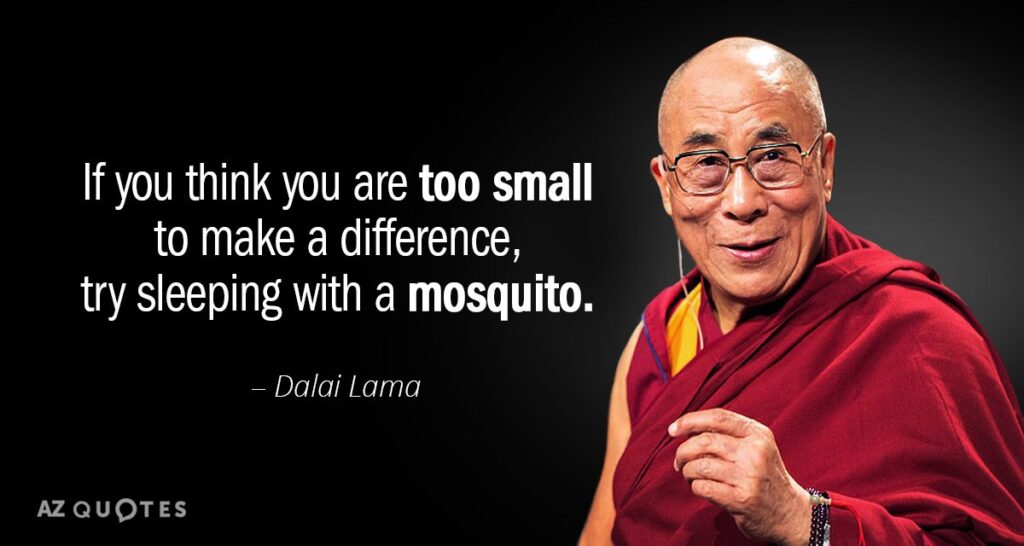
Earth Day is a global action to protect the planet. It’s happening on 22 April this year. The theme for Earth Day 2022 is ‘Invest in Our Planet’. That’s not about spending money! It’s about putting effort into accelerating the great work that is already being done to combat climate change and clean up our home. It’s all about everyone taking ownership and doing their bit. Sometimes the task seems overwhelming, but we can all take action in our own lives that joined together will make a big difference to the planet. So don’t despair, it’s exciting to think what we can achieve together and how much fun we can have along the way. Here are some easy ideas to get involved, because no one is too small to make a difference!
Join a Queensland Beach Clean – or Organise One For Your School
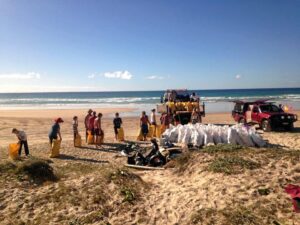
Recent events here on the Sunshine Coast have shown what a force our communities are when they set to work together on a beach clean. Huge storms have landed load of debris and plastics on our beautiful beaches. But we haven’t sat back and watched it happen. Instead, our local communities have taken to the beaches with bags and helped cleaned up.
Unfortunately, there is still much more to do but people are uniting to make it happen. One person with one bag could easily make a big difference to one turtle!
Beach cleans are probably the largest environmental volunteer event in history. So, grab a bag (a biodegradable doggie poop bag will do!), grab your mates, and get on down to the beach and be part of history! You could even have a competition to win some lollies if you collect the most trash.
Take Action:
Get Involved in a Beach Clean on the Sunshine Coast
Fundraise to Support a Queensland Coast Care Charity 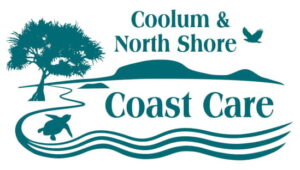
There are plenty of Queensland coast care charities to choose. On the Sunshine Coast there’s Coolum Coast Care, or there’s Great Barrier Reef Foundation and Sea Shepherd.
Ocean Crusaders operate around Brisbane too.
Take Action
How about a sponsored swim or a shark drawing competition to raise money for your favorite Queensland coast care charity? Just ask and they are sure to want to help you get started.
Plant Trees 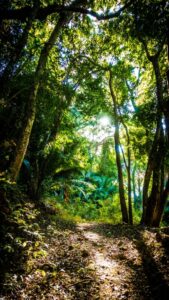
Trees and forests are one of our most powerful tools to combat climate change and provide food and habitat for the species of the world. But our planet is currently losing trees at a staggering rate. In fact, about 27 soccer fields of forest are lost every minute.
Trees are amazing and filter the air and protect us from climate change. They also keep our land healthy and provide food, energy and income to communities. What’s not to like about trees? So, why not plant trees yourself? (in a designated area obviously!!)
Take Action
Plant your own tree or Donate to plant a tree
The Usual Stuff
Of course, you can always be doing all the usual stuff to make the world a cleaner place, like reducing your use of plastics, reducing your carbon footprint and energy consumption, making sustainable seafood choices and enjoying the ocean responsibly.
Further reading – ‘How Can I Protect the Ocean‘
Educators & Schools
We have some great FREE ocean resources and activities on our website in our Human Impact section, including: Plastic Diaries, Plastic Ocean Life Cycles, Human Impact Presentations and more.
Or why not book an incursion so we can come in with our team and inspire the kids with a live marine animal program?
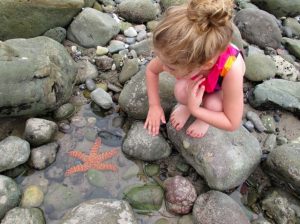 🦀 Point Cartwright, Buddina
🦀 Point Cartwright, Buddina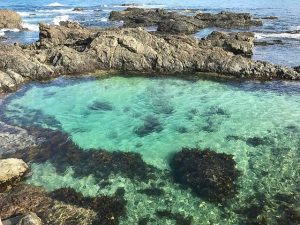 🦀 Kings Beach, Caloundra
🦀 Kings Beach, Caloundra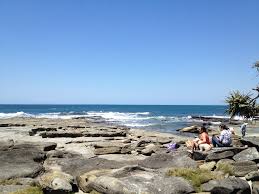 🦀 Shelly Beach
🦀 Shelly Beach


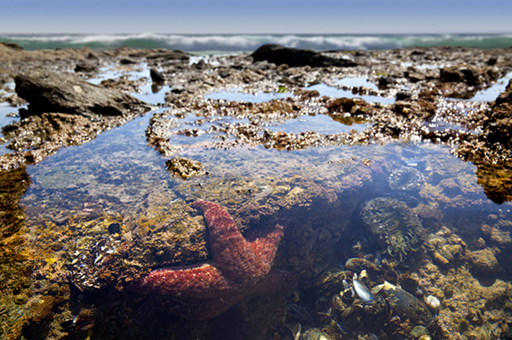
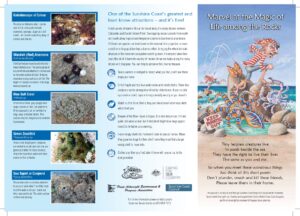
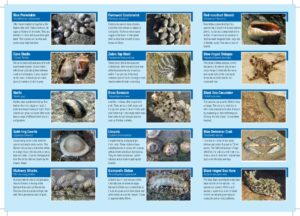




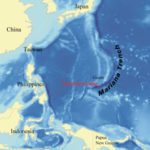 Experts believe that more than 80 percent of the ocean floor is unexplored and has never been mapped. It’s crazy to think that a far larger percentage of the moon and the planet Mars has been mapped than the ocean on the planet where we live!
Experts believe that more than 80 percent of the ocean floor is unexplored and has never been mapped. It’s crazy to think that a far larger percentage of the moon and the planet Mars has been mapped than the ocean on the planet where we live!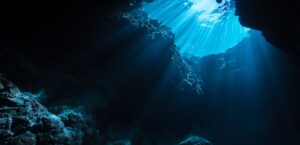 Nowadays, we talk about the earth’s ‘one’ ocean as each named ocean (such as the Pacific Ocean) within it is connected to at least two other oceans, creating one whole ocean.
Nowadays, we talk about the earth’s ‘one’ ocean as each named ocean (such as the Pacific Ocean) within it is connected to at least two other oceans, creating one whole ocean.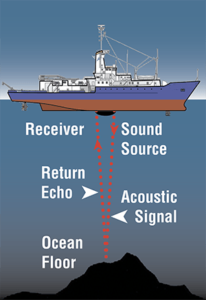
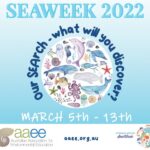
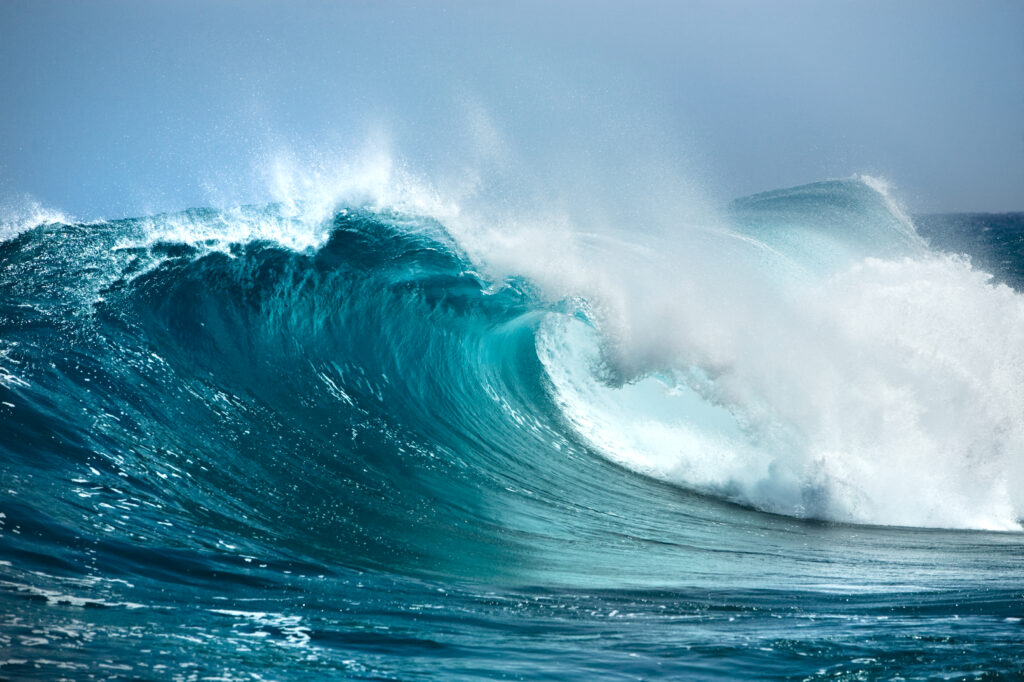
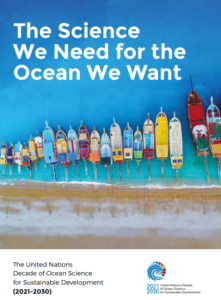 UN ‘Ocean Decade’ – Science for Sustainable Development (2021-2030)
UN ‘Ocean Decade’ – Science for Sustainable Development (2021-2030) 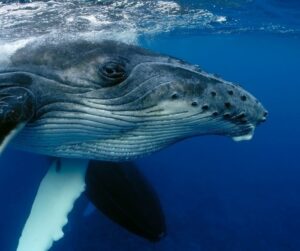 World Whale Day 2022: 20 February
World Whale Day 2022: 20 February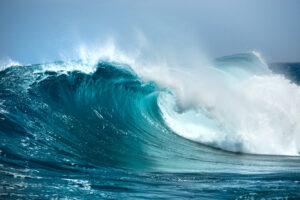
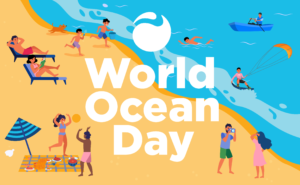
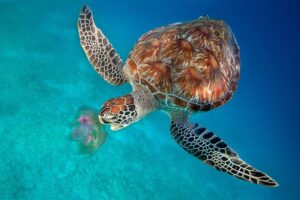 World Sea Turtle Day 2022: 16 June
World Sea Turtle Day 2022: 16 June